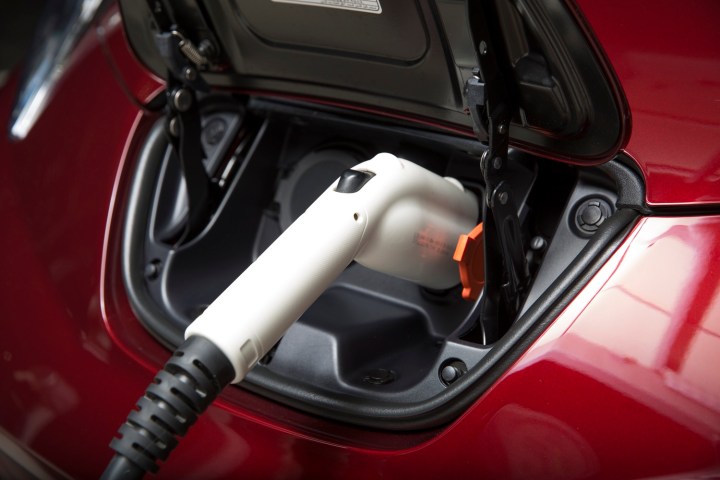
But electric cars need charging stations. Apple is now investigating that part of the puzzle, talking to companies that manufacture charging stations and hiring engineers with relevant experience, according to Reuters. The news service cites anonymous sources familiar with the matter, as well as a review of LinkedIn profiles.
The report notes that discussions with charging-infrastructure companies do not pertain to electric-car charging for Apple employees, a service the company already provides at its workplaces. That indicates the talks were related to charging stations for an eventual Apple electric car, one of the sources reasoned. The person also said that companies are approaching Apple cautiously, because they view the tech giant as a potential rival. Neither Apple nor any charging companies that were contacted would directly confirm the discussions.
Read more: Apple Car rumor roundup
Apple also hired at least four “electric vehicle charging specialists” recently, according to Reuters. Rónán Ó Braonáin previously worked at BMW on integrating charging infrastructure with home energy systems, and communication between electric cars and utility operators. Nan Liu is an engineer who researched wireless charging, and Kurt Adelberger previously worked at Google on electric car charging.
Lack of charging stations has been one of the toughest hurdles for electric cars to overcome. While several infrastructure companies like ChargePoint and EVgo operate independent networks, carmakers like Nissan and Tesla have also invested in charging stations to make their cars more attractive to consumers. Tesla developed its own charging system called “Supercharger,” while other automakers have worked with the infrastructure companies.
A network of charging stations will certainly be important to the Apple Car’s success, but since Apple still won’t confirm the car’s existence, it’s hard to predict exactly what kind of vehicle will plug into those stations. Many reports point toward some self-driving capability, and Apple will likely leverage its tech experience on infotainment and connectivity features.
Editors' Recommendations
- Watch this famous musician fly in a car with wings
- EV warranties aren’t like those for non-electric cars. Here’s what you should know
- Cybertruck production reportedly halted over pedal issue
- Genesis Neolun concept is an electric SUV inspired by tradition
- Your car insurance company knows more about you than you think


